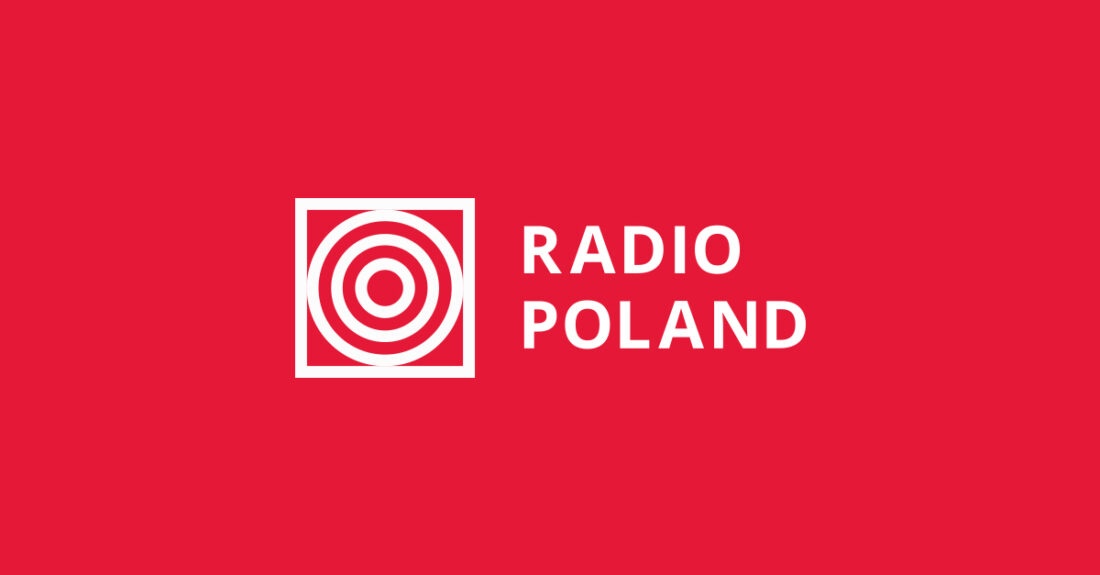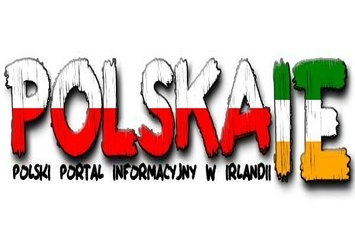Media attacks on Polish envoy ‘show Russia’s real face’: Polish PM

The Polish prime minister has said that threats made against Poland’s ambassador in Russian state media demonstrate “the real face of Russia” and “should be taken seriously,” but he vowed that Poland “won’t be intimidated.”

Polish Prime Minister Mateusz Morawiecki.PAP/Rafał Guz
Mateusz Morawiecki made the statement at a news conference on Tuesday, Polish state news agency PAP reported.
Speaking to the media during a visit to the Lithuanian capital Vilnius, the Polish prime minister was asked about the security of the Polish ambassador in Moscow, after remarks made by Russia’s former children’s ombudsman Pavel Astakhov.
Astakhov said on Russian TV on Sunday that since the Russian ambassador to Warsaw was splashed with paint by an activist last year, “I waited to see if the Polish ambassador would be found floating in the Moskva river or not.”
The former Russian official’s words came after Poland on Saturday took over the Russian embassy school building in Warsaw, arguing Russia was illegally occupying Polish state property, according to officials.
‘Poland won’t be intimidated’
Poland’s Morawiecki told reporters in Vilnius: “All threats, especially coming from Russia, must be taken seriously, but we must not be intimidated. Just as our ambassador in the Ukrainian capital Kyiv was among the few who remained there during the first, dramatic weeks of Russia’s full-scale invasion, so our ambassador in Moscow is staying there in a very difficult reality and circumstances, but he is not letting anyone intimidate him.”
The Polish prime minister added that Astakhov’s remarks “show the real face of Russia.”
He stated it was “the face of a country that blackmails and threatens others, and seeks to influence decisions that have been made in this case by an independent Polish court.”
Morawiecki added: “Of course we realise that this issue is significant, but it is far from being the most important one, compared with the challenges that exist in Ukraine.”
Russia summons Poland’s charge d’affaires over seizure of embassy school building
Meanwhile, Russia on Tuesday said it had summoned Poland’s chargé d’affaires to protest against what it called the „seizure” of its embassy school building in Warsaw on Saturday, the Reuters news agency reported.
Poland said Russia had been illegally occupying Polish state property, while Moscow called the move an “illegal seizure.”
„These steps by Warsaw will certainly not go without a proper response from us, which will not take long,” Russia’s foreign ministry said in a statement on Tuesday.
Polish foreign ministry spokesperson Łukasz Jasina on Tuesday evening confirmed that Poland’s charge d’affaires had been summoned by Russia, the PAP news agency reported.
Astakhov’s comments
Russia’s Astakhov on Sunday accused Poland of breaching the 1961 United Nations Convention on Diplomatic Relations, according to the PAP news agency.
He said, as quoted by PAP: “I must comment on the situation in Poland. What is happening represents a serious violation of the Vienna Convention on consular relations, to which all the countries of the world that maintain diplomatic relations have subscribed since 1961.”
He added that Poland had expelled Russian diplomats “from their flats, from the holiday centre” and also “froze their accounts, took all of our diplomatic mission’s money and now have seized the school,” the PAP news agency reported.
He stated, as quoted by PAP: “And what is our response? A note, an expression of outrage, the summoning of an ambassador.”
Astrakhov was also quoted as saying that when the Russian ambassador to Warsaw was doused with paint by an activist last year, “I waited to see if the Polish ambassador would be found floating in the Moskva river or not.”
He suggested that such “forms of retaliation” against diplomats were allowed under international law and that was what he “was taught at the [Soviet-era security agency] KGB school,” the Polish state news agency reported.
Poland’s foreign ministry condemned Astakhov’s remarks and called on Russia “to ensure the safety of all diplomats in accordance with the Vienna Convention.”
On May 9, 2022, the Russian ambassador, Sergiy Andreev, was splashed with red paint by anti-war protesters as he attempted to mark Russia’s Victory Day by laying wreaths at the graves of Soviet soldiers at a cemetery in Warsaw.
Polish government spokesman told reporters at the time: “The Polish authorities had notified the Russian embassy of the risks involved when an official from a country that invades other states, that conducts a policy of genocide in Ukraine, publicly lays flowers, which … may be met with protests from the public.”
Already hostile relations between Russia and Poland have worsened since the start of the Kremlin’s full-scale invasion of Ukraine, with Warsaw positioning itself as one of Kyiv’s staunchest allies, the Reuters news agency reported.
(pm)
Source: PAP, Reuters, polskieradio24.pl



